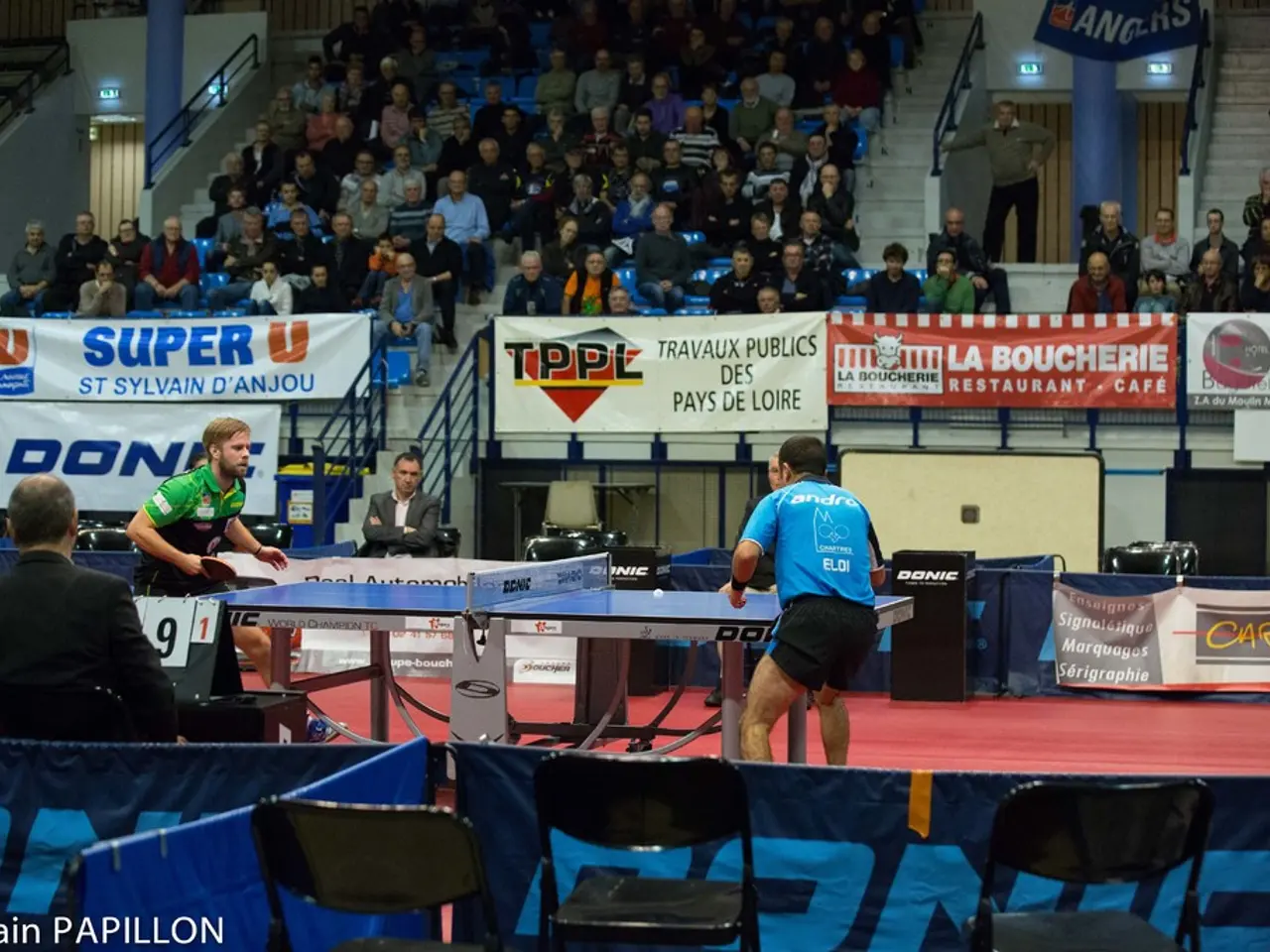Vertical Future's automated vertical farming business is on the market, reporting a substantial loss of $13 million.
In the ever-evolving world of vertical farming, one of the industry's pioneers, Vertical Future, is grappling with financial difficulties. Based in London, the startup is currently seeking a buyer amid insolvency risks, following a sharp revenue decline and significant pre-tax losses.
Founded in 2016, Vertical Future initially focused on growing leafy greens in vertical farms. Since then, the company has raised approximately £37 million ($49 million) from various investors, including SFC Capital, Pula Investments, and angel investors. However, recent attempts to secure additional funding have been unsuccessful, leading to a strategic review and sale process.
The financial struggles of Vertical Future can be attributed to several factors. High capital costs, a challenging funding environment, and broader sector headwinds affecting vertical farming startups, such as energy expenses and operational sustainability issues, have contributed to the company's predicament. Moreover, Vertical Future's shift in business model, moving away from direct crop production towards other revenue streams, has not managed to stem the losses.
Despite the setbacks, Vertical Future remains committed to supporting its customers and partners during this uncertain period. The company is exploring strategic options, including a potential sale, and updates to stakeholders are anticipated as the company continues to assess its path forward.
Notable collaborations on space agriculture, food security, and urban farming projects have marked Vertical Future's involvement in the controlled environment agriculture (CEA) and agri-tech sectors. However, the challenges faced by Vertical Future serve to highlight the broader struggles within the vertical farming industry. High upfront capital investment, energy use, policy and market acceptance barriers, and the need for sustainable, economically viable business models are common challenges that many indoor farming ventures face.
Yet, the sector still shows promising growth potential, driven by sustainability concerns, urbanization, and consumer demand for fresh produce. Other ventures within the sector continue to thrive, indicating that while there are failures, vertical farming remains a promising yet risky innovation in agriculture.
As Vertical Future navigates its current challenges, other indoor farming startups face their own trials. For instance, InFarm entered administration in 2023, while Oishii, a US-based indoor farming startup, raised $150 million in Series B funds last year and opened a R&D center in Japan for indoor farming systems. Grow Up Farms, a UK startup, continues operations while running off 100% renewable energy.
The road to success in the vertical farming sector is fraught with challenges, but the potential rewards are great. With continued innovation and strategic decision-making, companies like Vertical Future may yet find their way forward.
- The financial difficulties faced by Vertical Future, a pioneer in vertical farming, might not deter others from entering the sector, considering the potential rewards of fresh produce demand and sustainable agriculture.
- Despite the industry's challenges, such as high capital costs, regulatory hurdles, and operational sustainability issues, some indoor farming startups, like Grow Up Farms, are persevering by using renewable energy and continue their operations.








